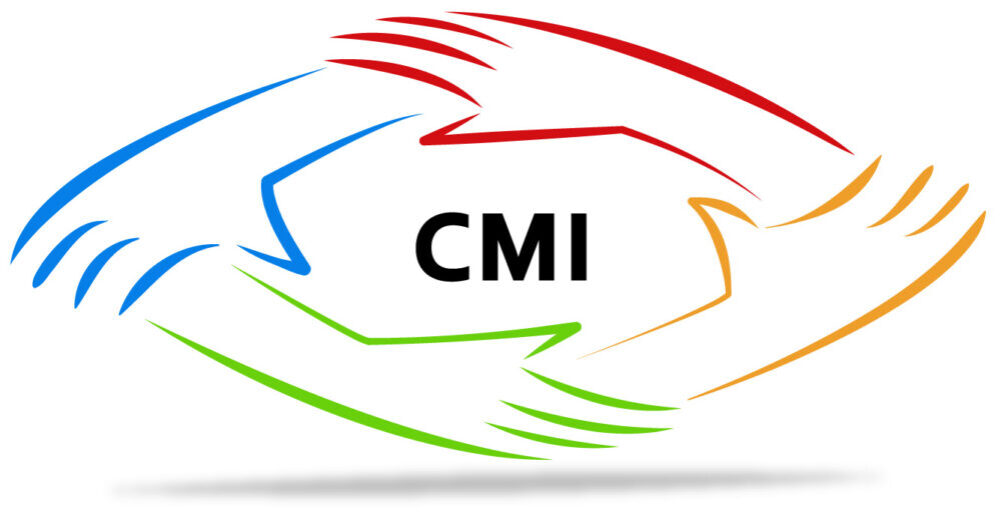Addressing Local Issues Together
At Count Me In, we recently conducted a community litter pick that not only allowed us to clear up our local streets but also provided valuable insights into the persistent waste problems in our neighbourhood. Through this event, we were able to engage with residents and gather their views on why littering continues to be an issue. Here’s what we found and how we plan to move forward.
What We Discovered During the Litter Pick
The litter pick revealed several challenges:
- Overflowing bins: Many of the public bins were overflowing, making it difficult for residents to dispose of their waste properly.
- Unwanted goods and furniture: Items like old furniture, household goods, and large waste materials were thrown onto the pavement. One section of the road was particularly problematic, with discarded goods stretching halfway down the street. Some residents pointed out that this might be linked to the high turnover of tenants in local flats. When tenants leave, they often dispose of bulky items on the pavement rather than arranging for proper collection.
- Market vendor waste: We also came across discarded packaging and old fruit bowls, possibly from local market stalls. This is another contributing factor to the buildup of waste in public areas.
- Feeding the pigeons: Perhaps one of the more unique issues we encountered was the number of people throwing leftover roti and bread onto the road for pigeons to eat. While many residents explained that feeding birds is a religious and moral obligation, this practice has attracted not only pigeons but also rodents. We observed a notable presence of rats as we walked through the streets, raising health and hygiene concerns.
What’s Next
Following this litter pick and the consultation with the community, we have identified several steps to help address these issues:
- Recruiting more volunteers: We will be organising regular litter picks and will actively seek more volunteers from the community to join us. The more hands we have, the greater the impact we can make in keeping our streets clean.
- Reporting rubbish to the local authorities: CMI will be working closely with our local Neighbourhood Action Coordinator (NAC) to ensure that the large, discarded items are promptly removed. We’ll also be collaborating with local officials to address the issue of overflowing bins and ensure they are emptied more regularly.
- Involving property managers: A key challenge is the improper disposal of furniture and household goods. We are looking to find out who manages the properties in the area, particularly the flats with high tenant turnover. Once identified, we will involve them in conversations about responsible waste management, such as arranging appropriate disposal services for tenants when they move out.
- Addressing religious and cultural concerns: We understand the cultural and religious reasons behind the practice of feeding birds, but it’s important to balance this with public health and cleanliness. Many residents mentioned that it is considered a sin to throw away leftover roti, leading them to feed it to pigeons instead. While this comes from a place of good intention, it unfortunately attracts pests.
To address this, we have reached out to local religious leaders, including imams, who have graciously offered to assist us in educating the community about more responsible ways to handle leftover food. Together, we will be working on creating awareness of the health risks associated with feeding pigeons in public spaces and encouraging alternative ways to dispose of bread that align with religious teachings.
Moving Forward as a Community
Our recent litter pick was just the beginning. The feedback and conversations we had with residents during the event highlighted the complexity of the issues we face, but it also showed that there is a shared desire to keep our streets clean and safe.
CMI is committed to working hand-in-hand with the community to tackle these issues—whether it’s through regular litter picks, engaging property managers, or providing education on religious practices related to food waste. We are stronger together, and by coming together as a community, we can make our neighbourhood a cleaner, healthier place to live.
If you’d like to get involved in our next litter pick or have suggestions on how we can further address these challenges, please don’t hesitate to get in touch. Together, we can make a real difference.
